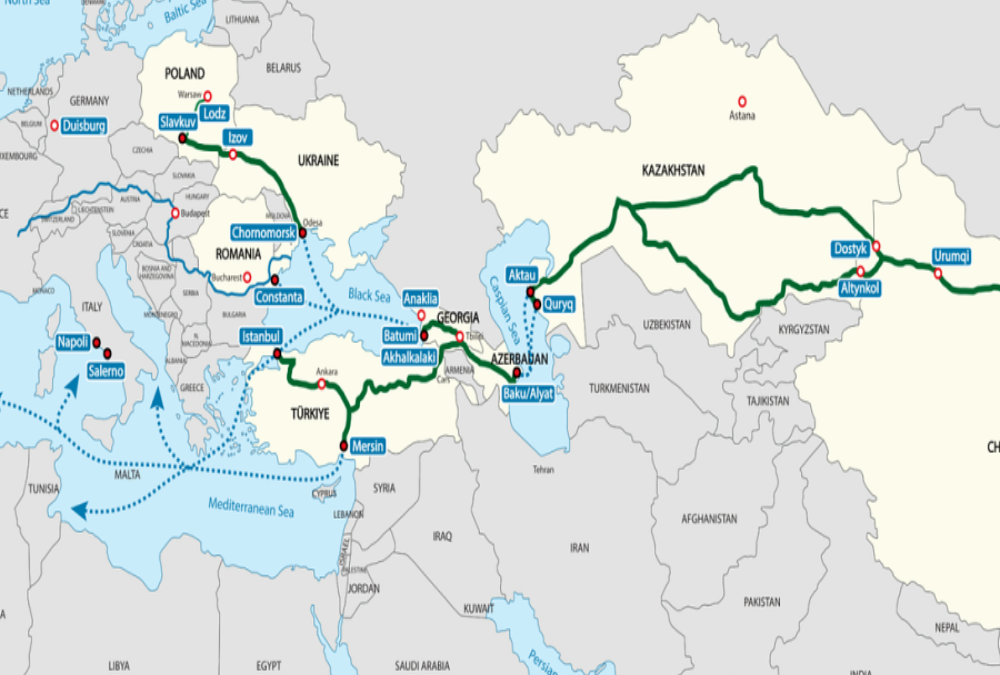Boundary disputes are increasingly undermining developer confidence in emerging industrial corridors, threatening to slow down land acquisition and project execution momentum. Discrepancies between on-ground demarcations, survey maps, and legal titles are leading to conflicts over land extents, access rights, and infrastructure provisioning. In many cases, developers face project delays, additional legal costs, and operational risks when boundaries are challenged after partial or full acquisition. Such disputes create uncertainty over the true developable area, directly impacting project feasibility studies and financial modeling. Experts note that without clear, undisputed boundary delineations, even high-potential industrial land parcels lose their appeal to serious investors. Ensuring boundary clarity is fast becoming as critical as title verification in securing industrial project viability.
The issue is particularly acute in peri-urban regions and newly notified industrial belts where land use changes, fragmented ownership patterns, and outdated cadastral maps complicate boundary identification. Developers often encounter overlapping claims, encroachments, and ambiguities about road access, which can derail project timelines. Authorities are increasingly recommending mandatory boundary re-surveys, GPS-based land marking, and drone-based mapping to create indisputable physical boundaries. Clear demarcation also helps in faster regulatory approvals, smoother utility installations, and streamlined site planning for industrial facilities. Industry associations are lobbying for reforms that require boundary certification before land registration or sale deeds in industrial corridors. Analysts believe that proactive boundary management is essential to maintain investor confidence and accelerate infrastructure-led industrialization.
Looking ahead, policymakers are expected to embed boundary verification into the industrial land due diligence checklist, alongside title audits and environmental assessments. Initiatives like digital cadastral mapping, blockchain-based land records, and real-time land parcel monitoring will further reduce boundary-related disputes. Regions that offer certified, dispute-free land parcels are likely to attract a disproportionate share of global manufacturing, logistics, and green energy investments. Experts stress that without solving boundary disputes upfront, industrial corridor development could face avoidable bottlenecks and reputational risks. Clear boundary management will not only improve land market transparency but also facilitate seamless infrastructure expansion and spatial planning. Building robust, verified land systems is key to sustaining the momentum of emerging industrial corridors and unlocking India’s full industrial growth potential.

